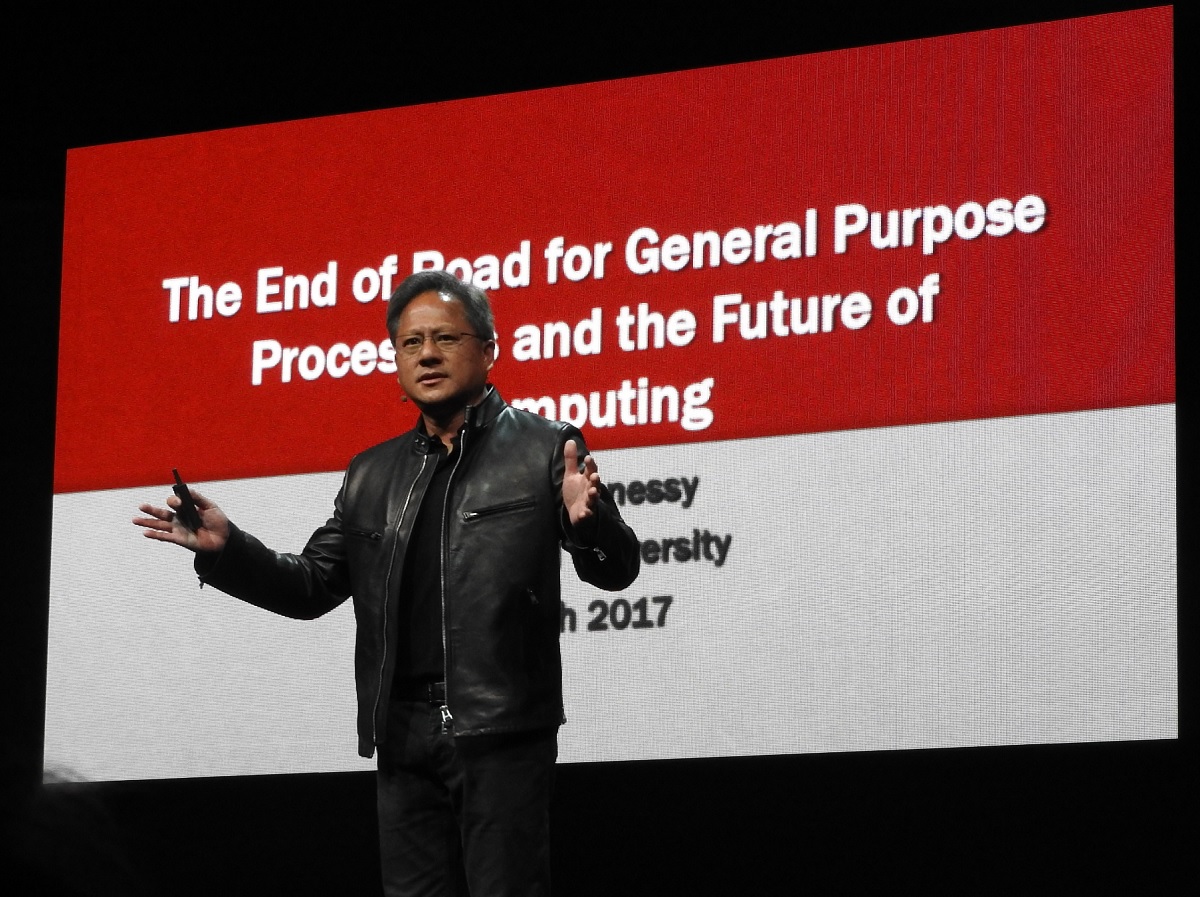Nvidia reported a stellar quarter for the three months ended October 31. Nvidia had $2.6 billion in revenue in the quarter, and $1.5 billion of it came from graphics chips for gaming PCs. But the company’s investment in artificial intelligence chips is paying off, with data center growing beyond $500 million in revenue for the first time.
Jensen Huang, CEO of Santa Clara, California-based Nvidia, said his company started investing in AI seven years ago, and that its latest AI chips are the result of years of work by several thousand engineers. That has given the company an edge in AI, and other rivals are scrambling to keep up, he said. I interviewed Huang on Thursday, after his company’s earnings call, and we talked about everything from self-driving car predictions to cryptocurrency mining.

Unlock premium content and VIP community perks with GB M A X!
Join now to enjoy our free and premium membership perks.
![]()

![]()